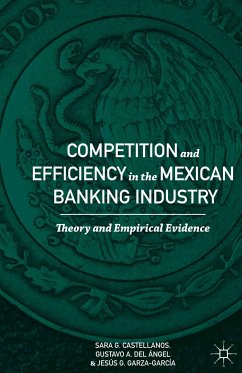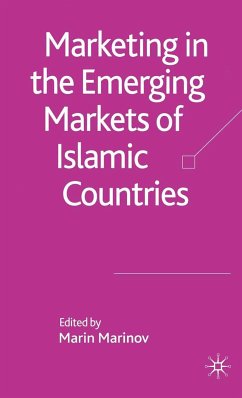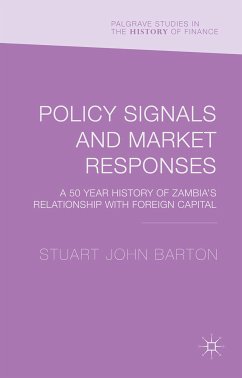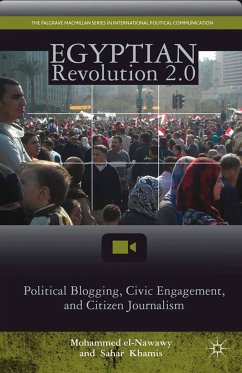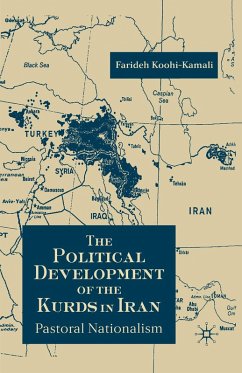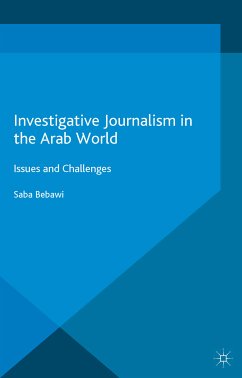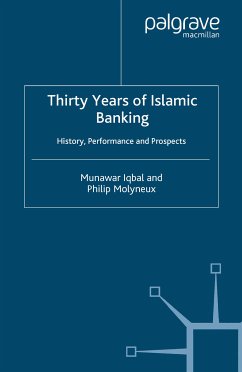
Thirty Years of Islamic Banking (eBook, PDF)
History, Performance and Prospects
Versandkostenfrei!
Sofort per Download lieferbar
40,95 €
inkl. MwSt.
Weitere Ausgaben:

PAYBACK Punkte
20 °P sammeln!
This text explains how Islamic banking works and what it offers as an alternative model of financial intermediation. Important questions addressed include: Why Islamic banking started and where it is going? Who are the main players at present and whom it will attract in future? What are its strengths and weaknesses? Will Islamic banks survive in highly competitive and globalized financial markets? What are their prospects and potentials? How does the relative performance and efficiency of Islamic banks compare to conventional banks?
Dieser Download kann aus rechtlichen Gründen nur mit Rechnungsadresse in A, B, BG, CY, CZ, D, DK, EW, E, FIN, F, GR, HR, H, IRL, I, LT, L, LR, M, NL, PL, P, R, S, SLO, SK ausgeliefert werden.



